What is wholesale?
There’s more than one way to enter the world of retail! You might be thinking of starting a DropShipping business, but if you have cash to invest, you might take a different route in – as a wholesaler. If you’re already set on using DropShipping for your retail business, take a look at why you might use a wholesaler to get your inventory.
What is wholesale?
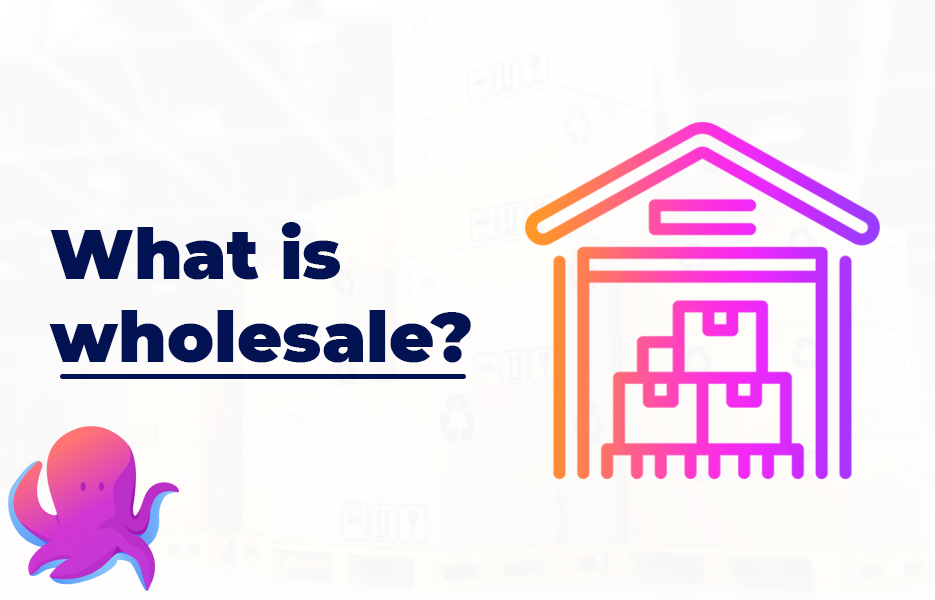
Wholesale is a business to business (B2B) retail model where the wholesaler buys goods from manufacturers and/or distributors. They store the goods and sell them on to other retail businesses. The key to wholesale is that the wholesaler buys the items in large quantities, which usually allows them to procure the goods at a much lower price than the recommended retail price, which offers the businesses they are working with the opportunity to increase their profit margins.
What’s the difference between wholesalers, suppliers and manufacturers?
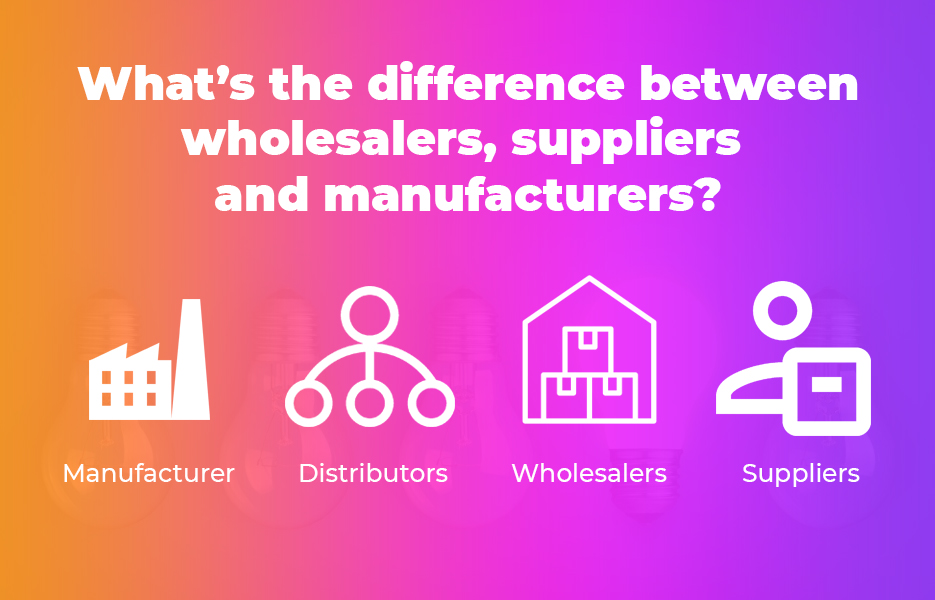
Generally, the supply chain goes something a bit like this:
Manufacturer -> distributor -> wholesaler -> retailer -> consumer
Manufacturers are the businesses that create the products for sale – pretty simple.
Distributors are the businesses that are in direct contact with the manufacturers. They’re able to speed up response times, and can help with the logistics of getting products from manufacturers and into wholesaler, or supplier warehouses faster.
Wholesalers are the link in the chain that retailers work with to get products into their stores. They work with the distributors to ensure they have enough products from manufacturers to satisfy consumer demand.
Suppliers – especially suppliers that work with DropShipping businesses – may be manufacturers, or they may be wholesalers.
Beyond this, it can get confusing, since there are some businesses that have different aspects to them. Some wholesalers may have a direct to consumer arm, and manufacturers may have their own eCommerce presence that the end consumer can purchase from.
Retailers that work with wholesalers
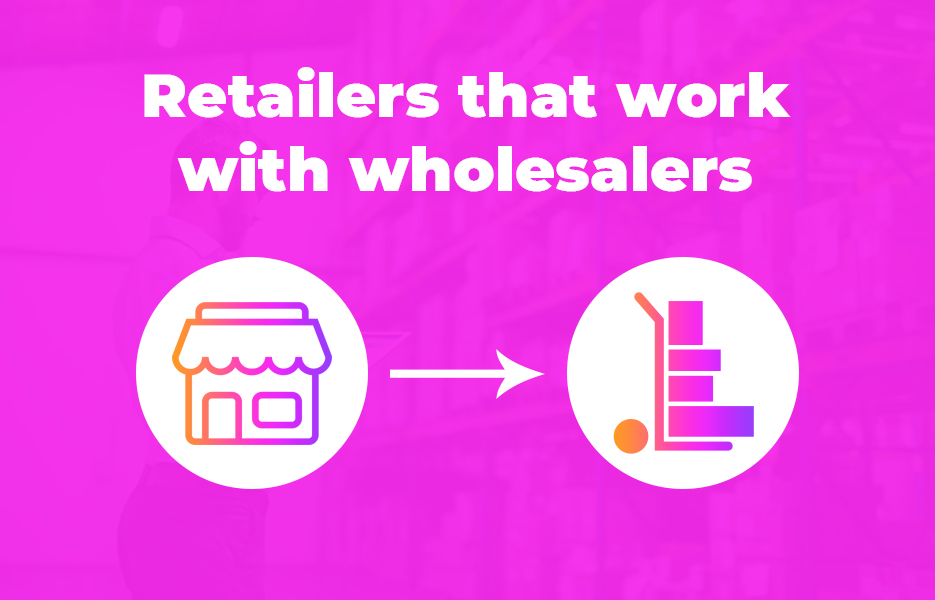
Where retailers have a bricks and mortar outlet that customers can visit, or if the business has the capacity to store their own stock for sale online, they may choose to visit a wholesaler to select their stock, or have their wholesaler deliver their choice of inventory to their premises directly.
Advantages of working with a wholesaler
Although there are many businesses that are running successfully by working with suppliers that dispatch orders directly to their customers, there are plenty of reasons to consider working with a wholesaler. Let’s take a look at some of the biggest reasons.
Save money
As we mentioned in our definition, usually businesses that work with wholesalers are able to access the products they want for much less than retail price. This enables businesses to be able to make a bigger profit on those items than they normally might be able to. Wholesalers often have pricing structures that mean the more of an item that is bought, the lower the cost on each unit, which makes for a bigger saving on bigger purchases. If you’re working with DropShipping suppliers, you won’t be able to access such good prices, because you’ll only be buying one item at a time – so the supplier won’t be able to offer you the price they might give you if you were buying a hundred at a time, for example.
Increased network of suppliers
Wholesalers need an excellent network of manufacturers and distributors to be able to offer their goods. If there is a product that customers are demanding from a retailer, their wholesaler may be able to source the item. By the wholesaler sourcing the item and buying in bulk (since, if there is demand in one store, there is likely to be demand in others) both the wholesaler and the retailer are able to make a better profit.
Time savings
When you’re managing a business, you have so many things to think about with the day-to-day running of your business that you may not have time to carry out extensive calculations to find the best deals. Working with your wholesalers means that you won’t have to, because you can trust they have the best prices for the goods you need.
One stop and done
When you’re visiting your wholesaler’s B2B premises, you typically won’t need to go elsewhere – especially if your own retail outlet is a relatively small location. Most wholesalers will have a wide array of products, meaning that busy small business owners won’t need to make multiple stops.
Challenges of working with a wholesaler
Although working with wholesalers can help you source great products and save you time, it isn’t the right solution for every business – especially for eCommerce businesses. Here are some of the challenges that you might encounter when looking at working with wholesalers.
Capital is tied up
When working with wholesalers, it’s likely that you will need to pay for your stock up front. Some wholesalers may provide a credit facility, but you may need to build up to that. When you’ve bought stock for your store, it is completely tied up until you sell it. That means that should you encounter a problem with selling those items – maybe a competitor has the same item at lower cost, or an upgraded version of the product becomes available – you need to clear the stock with a lower profit margin before you can use that cash again.
Choice of products
If you’re working with a local wholesaler, you may find they don’t have the products your customers are demanding now. They may be able to source the products your customers want, but there might be a delay in getting them – and whether you’re selling online or offline, there is nothing stopping your customers from going elsewhere. Working with a range of wholesalers can mitigate this problem, or working with DropShipping suppliers, depending on the needs of the business.
Storage concerns
Once you’ve bought your stock, you need the right sort of storage to keep it. No matter whether you have a retail outlet or you sell purely online, when you buy in bulk from your wholesaler you need to make sure you have enough space. If you’re buying bulky items, you’ll need to carefully calculate the amount of space you have – overcrowding can make it tricky for your warehouse staff at best, cause difficulties for customers to navigate your store (which may exclude customers who are physically disabled, or who have children in prams or pushchairs from gaining access) and at worst, can become a fire hazard.
9 tips for finding the best wholesale prices
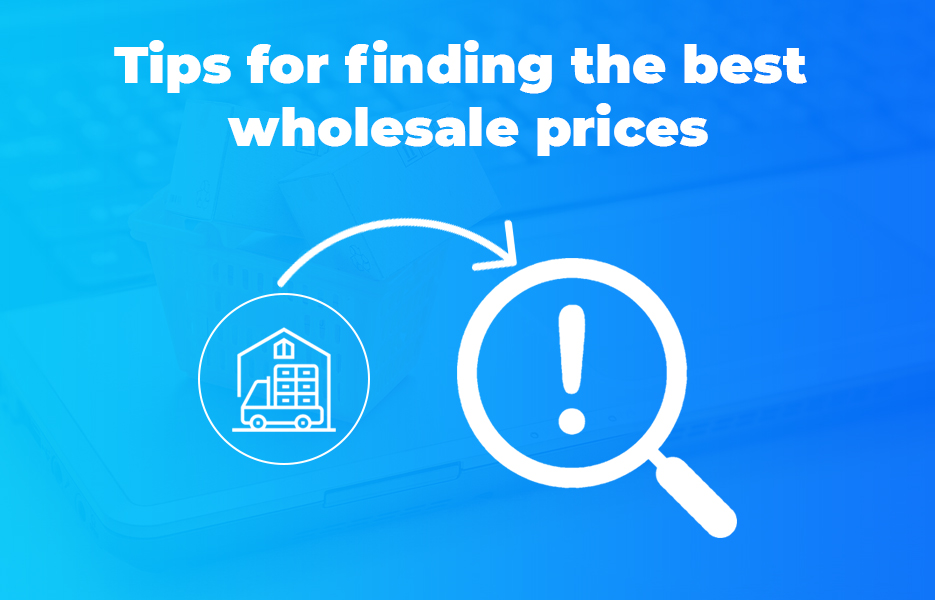
- Understand the distribution channels and different types of supplier. This will help you ensure that you reach the right type of business when you start your research.
- Contact the manufacturer first – they may be prepared to work with you directly, especially if you can buy in bulk upfront.
- Contact wholesale suppliers and discuss your needs before making a decision about who you’re going to work with. Consider minimum order requirements, wholesale unit prices and where they are able to supply.
- Be really specific about what you’re looking for when you’re searching online. Including keywords and product names is likely to help you find wholesale suppliers.
- Consider buying wholesale from marketplaces. eBay has low volume wholesale options that may be useful to you, especially if you are just starting out. You might also use this type of wholesale purchase as a special one-off, clearance deal.
- Look at B2B marketplaces. There are plenty of them, with Alibaba being one of the better-known options. It’s worth finding a regional B2B marketplace though, since there will be shipping costs to add to the price of your wholesale purchases.
- Join online groups and professional networks. Small business owners are unlikely to share their best contacts upfront, but once you’ve invested time in networking, you may be able to find contacts this way. Consider signing up for newsletters, or joining local Chamber of Commerce groups.
- Get trade magazines. Although they’re an expense, they are the type of expense that can be worth their weight in gold when they feature just the kind of business you’re looking for. Don’t just sign up for a magazine subscription though – online newsletters and blogs like Tamebay can give you key insights.
- Attend a trade show. They are one of the best ways you can meet new wholesalers, and there are often dozens, if not hundreds of wholesalers at such events. Our favourites include Spring Fair and Autumn Fair, and White Label World Expo.
An alternative to working with wholesalers
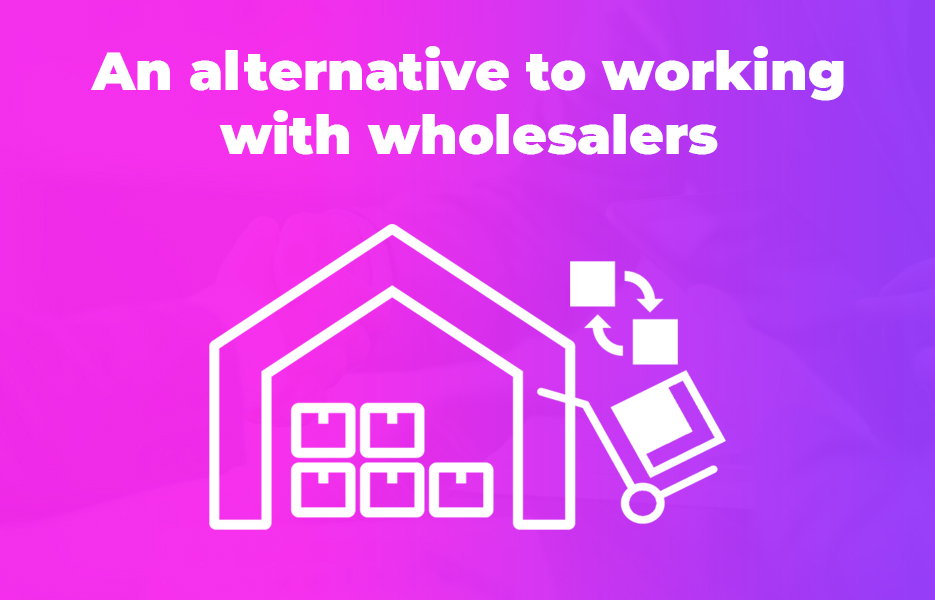
If the challenges of working with a wholesaler means that it isn’t going to be an option for your business, there’s no need to give up on your dream of running a successful retail business. DropShipping can be a low cost way to get your business started, and you won’t need to deal with storing the products you sell, or with shipping either. And unlike some claims about DropShipping that you’ll see online, if you work with local suppliers (rather than DropShipping from China) then DropShipping can be a lucrative way to create a business.
If you want to know more about DropShipping, take a look at our ultimate guide, and when you’re ready to sign up for an Avasam account so you can get started, click here! It’s free to start, and there’s no trial period – our free account is exactly that, free, and free forever.
Once you’ve grown your DropShipping business sufficiently, you might move into working with wholesalers as well as your DropShipping suppliers, or create a traditional retail outlet as well as selling online. But then again, you might not – every business is different, and you’ll be able to assess your options as you go.
Becoming a wholesaler
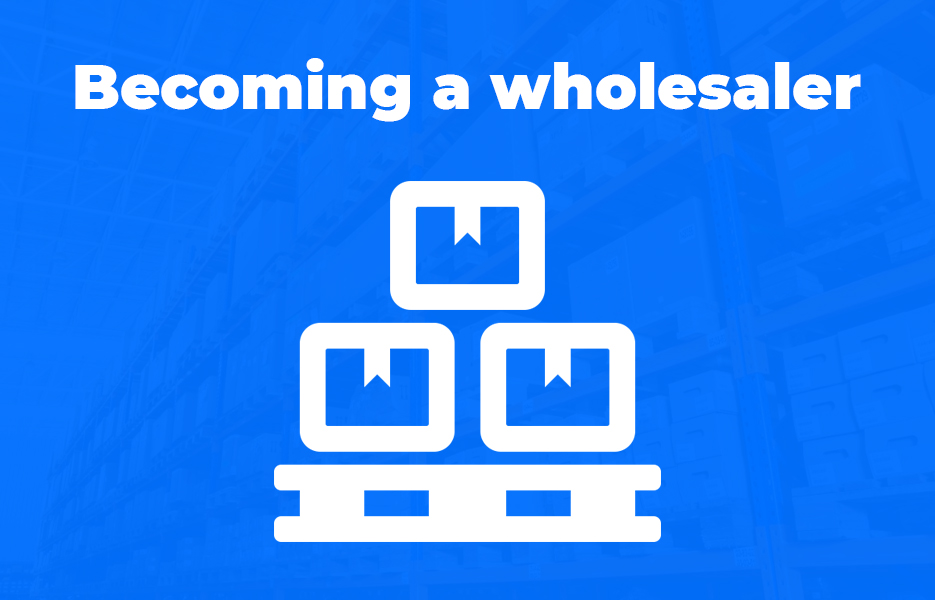
There are plenty of ways into the world of retail, and creating a wholesale business is just one route in. Bear in mind, once you’ve created your wholesale business, and it is running successfully, you’ll be able to diversify your business, selling to businesses worldwide through your website and potentially supplying sellers who are DropShipping too.
Advantages of becoming a wholesaler
If you’re wondering why you might choose to become a wholesaler over creating a direct to consumer business, there’s a few things that might make you more inclined to wholesaling.
Increased profits
The bigger your order volumes, the smaller the prices are likely to get from the manufacturers you’re working with. That means you’ll be able to increase your profit margins by selling them for more – and that is what is going to let you get ahead of your competitors.
Increased expertise
If you’re selling products from other manufacturers wholesale, you’ll need to know those products inside out. The retailers who work with you will have questions, and you’ll need to know the quality of each product so you can price those items accordingly. You’ll be able to use this knowledge to inform your marketing efforts too – creating blog posts, videos and so on.
Opportunity for growth
You can offer your products to sellers as a DropShipper, which means you’ll be able to make more sales without needing to concentrate on marketing to customers. But not only that, when you’re selling wholesale, there is the opportunity to expand into international markets – especially if you’ve chosen an accounting system that allows for multi currency transactions.
Build product and brand awareness
More retailers selling your goods equals more potential for end customers to see your products, and to become aware of your brand. More awareness means more sales – which means your profits are likely to increase too.
Challenges when becoming a wholesaler
While there are plenty of reasons to become a wholesaler, it isn’t as simple as getting your investment sorted and going from there. You’ll still have plenty of challenges when you’re getting set up – and that’s before you even get retailers through the door to buy your products.
The need for upfront investment
Working as a wholesaler can be incredibly profitable – you’re selling huge numbers of products, but you need to be able to create those items, or procure them directly from other manufacturers or distributers at a price that makes sense.
Retaining brand identity
When you’re relying on retailers to sell your product, you can’t guarantee they will maintain your brand identity. It is unlikely you’ll be able to control how your product is merchandised [LINK], whether they discount the item to below RRP or if they sell it alongside your competitors.
Marketing your products
You’ll need to do some marketing activity aimed at your customers who will sell your product on – which will mean social media marketing, a great website and plenty of promotion to get your sellers engaged. And although your sellers are going to make the bulk of your sales, you’ll still need to do some marketing activity that is aimed towards consumers. You need to ensure consumers are engaged with your brand, and you can’t depend on your retailers to look after your brand identity. To keep your brand message consistent, you need to put that out there yourself.
Storage space
When you’re establishing your business as a wholesaler, it isn’t just stock you’ll need to invest in. You’ll also need plenty of space to keep that stock, which means upfront investment in your facility. Whether you rent or purchase your premises, that’s a lot of cash to spend in one hit.
There’s a lot to consider when you’re moving into the world of retail, whether you’re joining as a seller using DropShipping, or you’re planning a move into wholesaling.
- Knowing the difference between the different types of business in the retail chain will ensure you start your business in the right way
- Working with wholesalers as a retailer has advantages including being able to access lower prices
- There are multiple ways to find suitable wholesalers to work with – local and international may be suitable
- The challenges that working with wholesalers present, such as needing to invest in stock up front, means that DropShipping may be a more desirable solution
- Both types of business can be incredibly challenging, so be sure to do your research carefully before starting your business
Wherever you’re considering starting your business on the retail supply chain, be sure you know the pros and cons, and that you carefully consider the alternatives. If working as a wholesaler, or investing in stock from a wholesaler isn’t an option, look at DropShipping – there is no upfront investment required, and you can sign up for your free Avasam account and start selling from leading UK suppliers today.
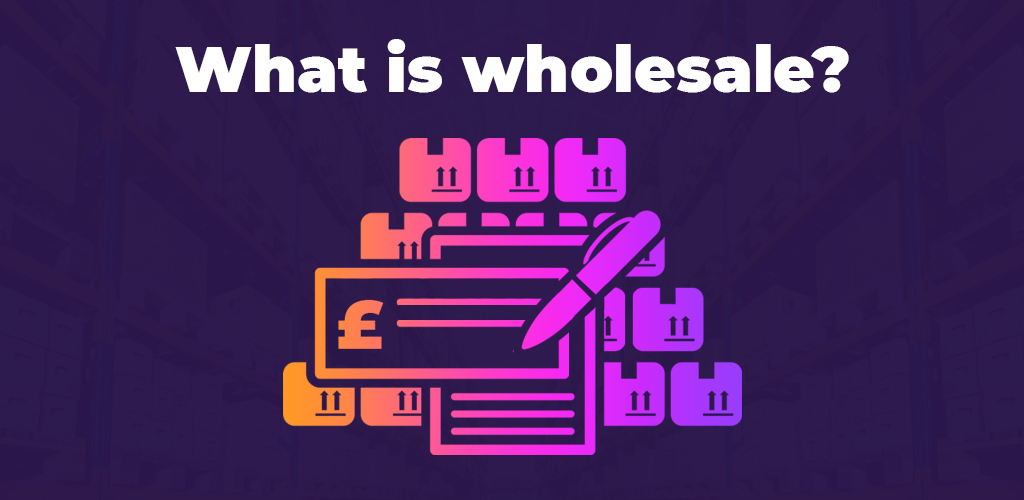
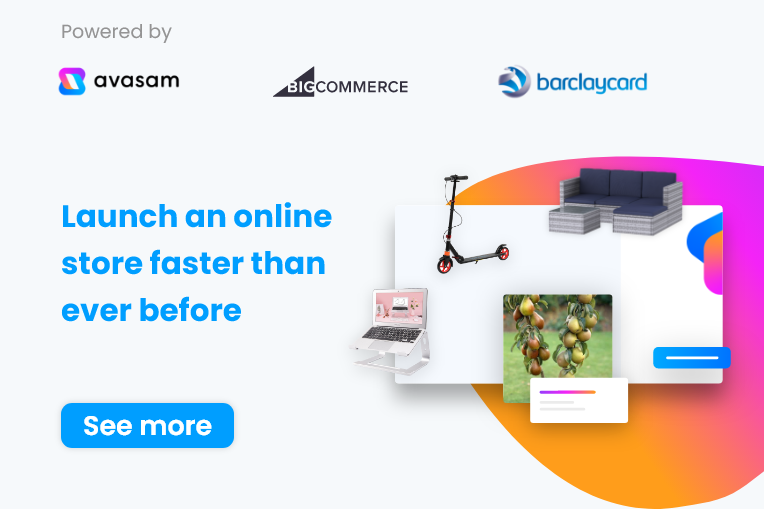
DropShip products from verified suppliers to diversify your inventory and scale your eCommerce business